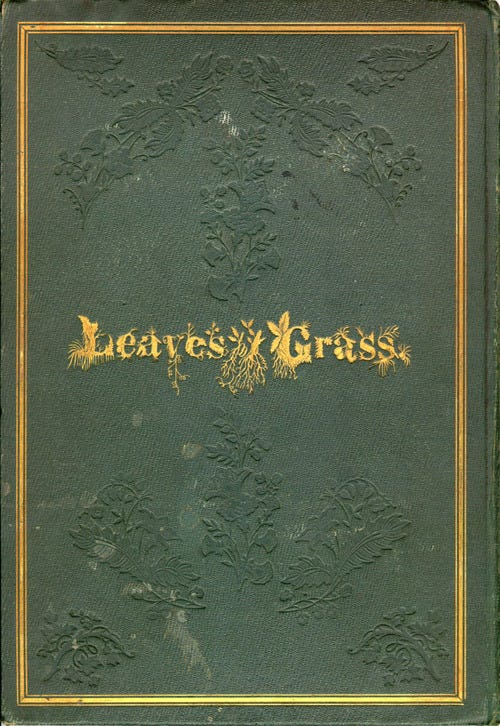Fakin' It
On Representation, Backing Yourself and Why It Matters
I’m a lone operator with no support network such as manager, label, helpful interns, enthusiastic lackeys, publicists, designers, booking agents, trusted advisors etc. That’s the way I like it, and often it’s the fastest and most efficient way to get the things I want done, but also, sometimes it slows me down as I need to spend time researching and digging around and learning stuff before making decisions or moving forward. There’s only so much one person can do at one time.
And sometimes, it’s hard to get the opportunities or responses I’d like, as many industry people are suspicious or dismissive of artists who are not represented by someone else. I understand why and don’t judge them for it, but I do recognise that those gatekeepers can become so protected and closed off they sometimes can’t see what’s right there in front of them. That’s why I persist and why I am always so grateful to those that have taken chances on providing me with opportunities to do what I do best, despite the fact that I’ve always been an industry outsider, such as publisher Catherine Milne from Harper Collins who let me write a book and Kevin Morby who let me open for his band on our great tour last year.
When I relocated to the US from Australia in 2013 I madly followed every indie country singer and songwriter I could find to learn about the lay of the land, how things worked, what the good venues were to play, etc.
I happened upon some footage of Margo Price at Nashville’s version of CBGBs, the 5 Spot, and was completely knocked out, she was so obviously a fully formed powerhouse artist. Hearing her describe herself in song as ‘an outcast and a stray’ who planned to stay that way, reading that she was also completely independent, and a mother in an industry that has not been traditionally welcoming of such demands, made me further relate to her. Despite being younger, she became a kind of imaginary mentor to me. Not much later I was overjoyed to see that she was offered a deal with Jack White’s super cool Third Man Records, quite possibly the only label I’d ever want to sign with. Watching her work and career evolve and blossom still fills me with joy and hope - for the world, and for myself.
But without ‘John Sirota’, her reach as an artist might never have happened.
In her memoir ‘Maybe We’ll Make It’, Margo details her frustration at getting no replies from venues when sending out a fancy new ‘online press kit’ back in the day, and eventually hitting on the genius idea of inventing a male manager called John Sirota to do the dirty work. She thought ‘John’ sounded professional and generic enough to work, and created a fake Myspace profile for him and his ‘agency’ Little Button Booking. She recounts how the difference in response was like ‘night and day! Club owners said ‘Sure, we’d love to book them, what date? Do they need support?’. John also provided a great scapegoat, taking the blame if anything went wrong.
According to someone who knows such things (but will remain secret), Australia’s own superstar Delta Goodrem suffered similar indignities when first launching her career in the US. Inbetween managers at that time, she also successfully adopted an ‘online persona’ to hide behind while dealing with her business outreach.
Well known for her down to earth work ethic, Delta parted ways with her global manager of 11 years last year and took the reins herself again, starting her own label, Atled Records (“Delta” spelled backwards). According to the Daily Mail, she said 'Having ownership of my music in an industry that is constantly evolving is an incredible feeling and fuels my artistry and business ventures’.
In 1980, Etta James revealed how after years of drug use and unreliability she had no manager and couldn't book a gig. “My career was in the toilet. People tried to help, but I was hell-bent on getting high”. After quitting drugs, she took on her own management duties - she says she would call small clubs and ask them “Have you ever heard of Etta James?”. They would have no idea it was Etta herself on the other end of the line, and she slowly rebuilt her reputation and got herself back working on the live circuit.
American actor Pej Vahdat, of Iranian heritage, found he couldn’t even get an agent, much less a gig, so he started his own agency with a friend in a similar predicament and gave himself the fake agent name ‘Jason Vaughn’ - a name a short lived former agent had suggested he adopt in order to nab more acting work.
And so it began: my friend and I would get the breakdowns every day and submit ourselves for as many roles as we could. I would get on the phone and pitch myself all day long: “Hey there, this is Jason Vaughn from Sasco Hill and Associates and I have a client, Pej Vahdat, who is absolutely perfect for the role of … [fill in the blank].” There were a lot of no’s still, but I was relentless. The hardest part was seeing all these parts I was perfect for, but couldn’t get seen for. I started getting a few auditions here and there and finally I got an audition for a movie. And I booked it!
Author Michael Winkler, the first self published author to be nominated for the prestigious Miles Franklin literary award for his book Grimmish, tells how ‘Rejection piled on rejection ….With every other avenue exhausted, I self-published. ..I posted copies to people I thought might find it interesting. One of the first responses was from Nobel Laureate J.M. Coetzee. He wrote a generous letter, but when I bashfully asked about using his words as an endorsement, he only authorised one (splendid) sentence: “The strangest book you are likely to read this year”… Rightly or wrongly, being a self-published author feels undignified. Second-best… This is why, when Grimmish was longlisted, it felt like more than just an acknowledgement of my efforts. It was a thumbs up for every battling writer who has backed their efforts through self-publication.’
Other authors who wisely backed their own efforts after not finding industry support include Walt Whitman in 1855 with Leaves of Grass (which was lambasted by the Yale University president as being akin to ‘walking naked through the streets’, blacklisted by libraries and banned in Boston for its controversial sexual imagery, Proust with Swann’s Way and E.L. James with 50 Shades of Grey.
Some years ago I briefly dabbled with an invented management firm along with a few other artists in the same situation but we all found it too difficult to keep up the subterfuge of talking about ourselves in third person and gave it up. But I certainly believe in doing whatever it takes to back yourself until whatever it is you want to be making a living from starts to become self sustaining. It’s hard not to feel like an imposter or like you’re not supposed to be there. Putting yourself out there takes moxy and perserverance and sometimes a little ingenuity. It’s exhausting and more often than not, frustrating and undignified, but if you believe that whatever it is you’re creating can find an audience in this world, then backing yourself is not only your only option; its a great option - who else believes in you and wants to see you succeed and will work harder for you than you will?
If at first you don’t succeed, dust yourself off and try again, as Aaliyah taught us.
Keep the faith. Take the power. Mutate and survive (my favourite). Fake it til you make it. x





Backing yourself and being determined. I was given an early version of "50 Shades" to read when I was laid low for awhile. It had been sent to a friend who was a publisher, only trouble was she only published annual game hunting records in South Africa.
I love your artistry, Lo. It matters. You are one dignified, sassy lady. I back you all the way. And your Sunday missives are always a joy. thanx a bunch.